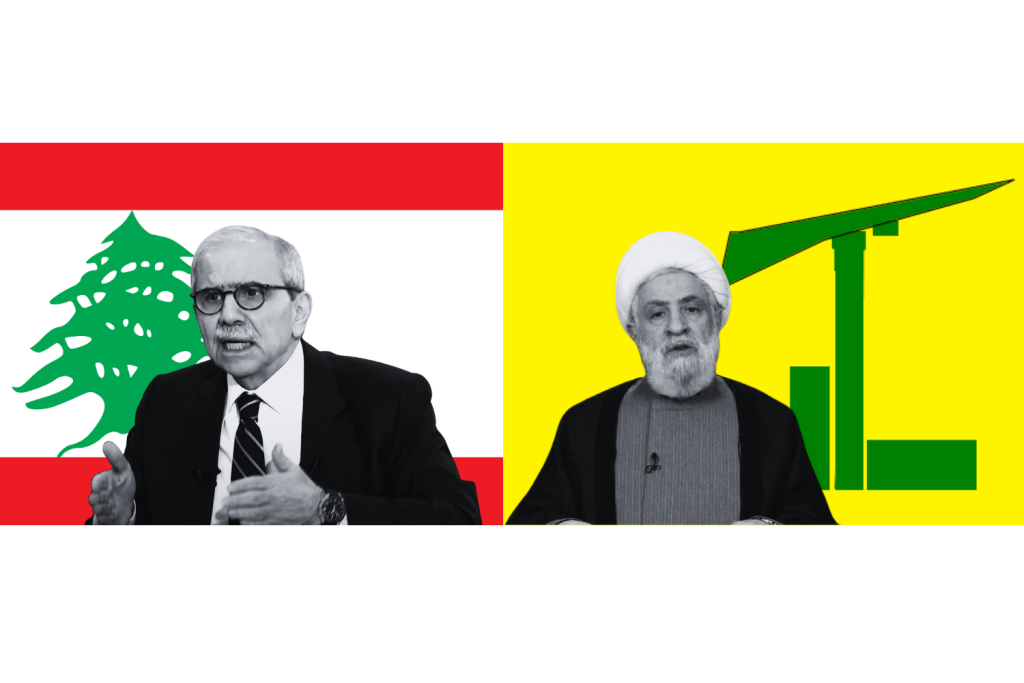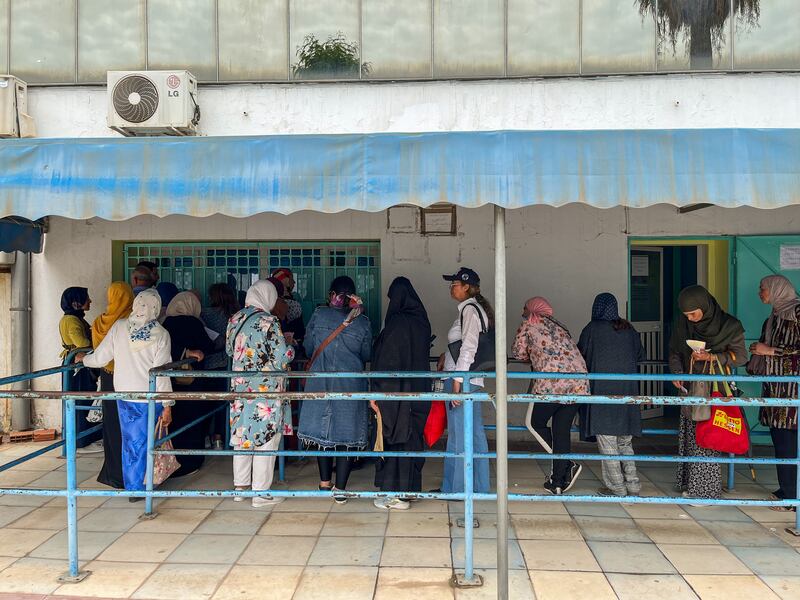Lebanon: Hezbollah criticises government over army weapons plan

The Prime Minister of Lebanon Nawaf Salam and the Secretary-General of Hezbollah Naim Qassem
Hezbollah has stepped up its criticism of Lebanon’s government ahead of its September 5th meeting on the army’s plan to enforce a state monopoly on weapons, which effectively urges the group to disarm, according to Asharq Al-Awsat on September 4th.
In August, Lebanon’s government assigned the army the responsibility of drafting a plan to disarm all armed non-state groups by the end of 2025.
The move had triggered a fierce backlash against the government from Hezbollah, which has refused to surrender its weapons, taking a particularly threatening tone towards Prime Minister Nawaf Salam, who was the former presiding judge at the International Court of Justice at The Hague. Hezbollah’s secretary-general, Naim Qassem, on August 15th criticised the Lebanese government’s priorities, accusing it of “handing” the country to Israel by moving forward with plans to disarm the group.
Before much of Hezbollah’s leadership was killed by Israel, Hezbollah typically ignored government decisions it opposed, especially regarding matters that related to the group itself. However, with significant political changes in Lebanon and the region, it is much harder for Hezbollah to dismiss government decisions. Instead, it is openly pressuring the government to reverse its stance, underscoring its recognition of the seriousness of efforts to institute a state monopoly on arms.

Former minister Rashid Derbas noted that ministers of Hezbollah and its ally, the Amal Movement, had walked out of the cabinet session that adopted the disarmament decision. He told Asharq Al-Awsat that Hezbollah “has grown convinced that the decision has become a local and regional reality. Even though force has not been used to enforce it, the party is not taking it lightly.”
The US-backed roadmap was criticised by parliament Speaker Nabih Berri of the Amal Movement as demanding disarmament of the group without US pressure on Israel to withdraw from southern Lebanon.
Meanwhile, Derbas added that Hezbollah can no longer deny the political reality in Lebanon, where there is broad support for the government’s position. He stressed that “the government today is in charge of negotiations, and it is in control after it used to be the mediator between Hezbollah and the international envoy.”
Regarding Hezbollah’s attacks on Salam, Derbas said the government remains unfazed. He said he had been in talks with officials, and that the positions of President Joseph Aoun and the cabinet, show a firm commitment to carry out the decision.
“Everyone needs to act rationally, especially given the pressure Lebanon faces, most notably from Israel,” he added.
Hezbollah has maintained its attacks on the government and Prime Minister Salam.
On September 2nd, the group’s Al-Manar television issued an open threat, warning that “if the government remains insistent on disarmament, the party may not even cooperate in the area south of the Litani,” where it is supposed to surrender its arms under its ceasefire agreement with Israel.
Sources close to Hezbollah said the group also accused Salam of seeking “the country’s destruction” and ignoring both domestic and international guidance.
On September 3rd, Hezbollah’s Loyalty to the Resistance parliamentary bloc issued a statement calling on the government to reconsider its decisions. “Defending Lebanon and protecting its national sovereignty demand that the government reconsider its decisions and cease handing out free gifts to the enemy,” the bloc said. It urged the government to reverse its “un-national decision” regarding Hezbollah’s weapons and return to the dialogue proposed by Berri to resolve the crisis the administration had allegedly created by complying with foreign pressures.
Meanwhile, Grand Mufti Sheikh Abdel Latif Derian, said that the implementation of a state monopoly on arms is a welcomed development for securing the country’s state institutions, national sovereignty. The Grand Mufti also said it “is a purely Lebanese demand”.
He also said: “We have been fortunate that our state institutions have come together amid such regional upheaval.” He added that he stands behind the long-awaited “government’s policy statement that called for reclaiming the state and its institutions, army and weapons.” Acknowledging differences on minor issues, he stressed that “reclaiming the state from corruption and the weapons” is critical. He also said “there can be no country with two armies” where the presence of independent militias obstruct state development and security.
He further warned that “accusations of treason and dismissing the interests of the nation are unacceptable.”
Asharq Al-Awsat, Maghrebi.org
Want to chase the pulse of North Africa?
Subscribe to receive our FREE weekly PDF magazine














